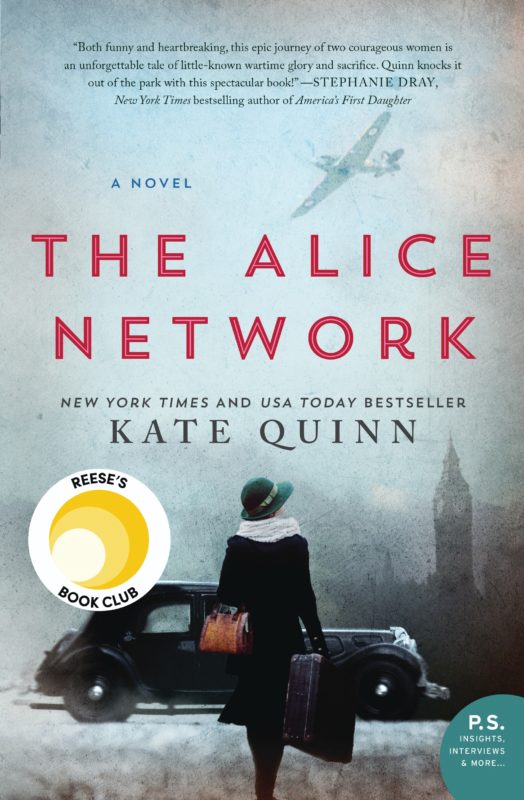Some historical periods are just more appealing than others when it comes to fiction, and one of the stars of history is the Napoleonic Wars. C.S. Forester, Patrick O’Brien, Bernard Cornwell, and countless others have written volumes of fictional prose about the Napoleonic Era, which is stocked with enough passion, intrigue, violence, and larger-than-life historical figures to furnish a thousand swashbucklers. But two fictional figures stand above the rest for me, bracketing the entire Napoleonic War period from two very different perspectives: C.S. Forester’s Horatio Hornblower series, and Bernard Cornwell’s Richard Sharpe series.
Forester’s Hornblower came first, tripping his way through eleven novels, and Cornwell’s Sharpe followed in frank tribute through twenty-two novels and counting. The two series make splendid companion reads not only because they showcase two different sides of the Napoleonic War–Sharpe is a soldier who tears his way through the land battles; Hornblower is a naval officer whose career stays on the water–but because the two men are absolutely nothing alike. In fact, they probably would have hated each other.
Hornblower is the son of a doctor, raised without much money but plenty of education. Sharpe is the son of a whore who grew up to become a chimneysweep, a thief, a murderer, and eventually a soldier, and only learned to read in his twenties during a stint in prison. Hornblower suffers acute agonies of shyness as he climbs the ladders of rank and nobility. Sharpe is hated by superiors and nobility alike and could care less. Hornblower is moody, melancholic, constantly questioning his own courage and leadership. Sharpe bashes his way through everything with snarling defiance to the odds, never pausing for doubt.
Despite their differences, both men are such heroes. Hornblower may doubt himself constantly, but his exploits on the sea will raise the hair on your arms: the night attack where his tiny frigate captures a Spanish two-decker without a life lost; the grueling battle where his outmatched ship takes on four French ships and destroys three before going down herself; his thrilling escape from a French prison. Sharpe’s savage efficiency in battle causes his officers to shudder but General Wellington remarks that with an army of Sharpes he could conquer Napoleon in a month–and you will agree after watching Sharpe capture a French eagle at Talavera, lead an assault on the fortress at Badajoz over the bodies of countless failed assaults, and single-handedly halt a French charge at Waterloo.
The great pity is that these two men will never meet. Sharpe does have one adventure on the sea–a ship he boards from India to England ends up in the middle of Trafalgar–but he doesn’t meet Hornblower there. Hornblower has a few adventures on land–he spends two years captured in Spain–but he doesn’t run into Richard Sharpe, as much as I hope for it every time I read the book. Bernard Cornwell is a huge fan of the Hornblower novels, and would apparently like nothing better than to write C.S. Forester’s hero into one of Sharpe’s adventures, but copyright issues make it unlikely. A pity, because what a book it would be. Hornblower would be appalled by Sharpe’s savagery in battle, and Sharpe would be scornful of Hornblower’s endless ruminating, but the two men just might come to a wary respect after some mutual feat of arms.
Maybe the two can meet up in retirement. Both live to be old and happy men, though each finds happiness in typically opposite fashion. Hornblower ends as a lord and Admiral of the Fleet, venerated and rich, while Sharpe ekes out a cheerful living on a farm in–of all places–France. Maybe Hornblower will take a trip to France in his old age, looking to see the country he fought for so many years, and his carriage will break down at a little chateau in Normandy. He’ll knock to borrow a cart–a white-haired admiral hung with gold braid, with ingrained powder stains on his hands from all the French ships he captured in his youth–and be greeted by a tall scowling officer with a scar on his cheek and an old-fashioned rifle in hand.
I don’t imagine they will like each other even in old age.







